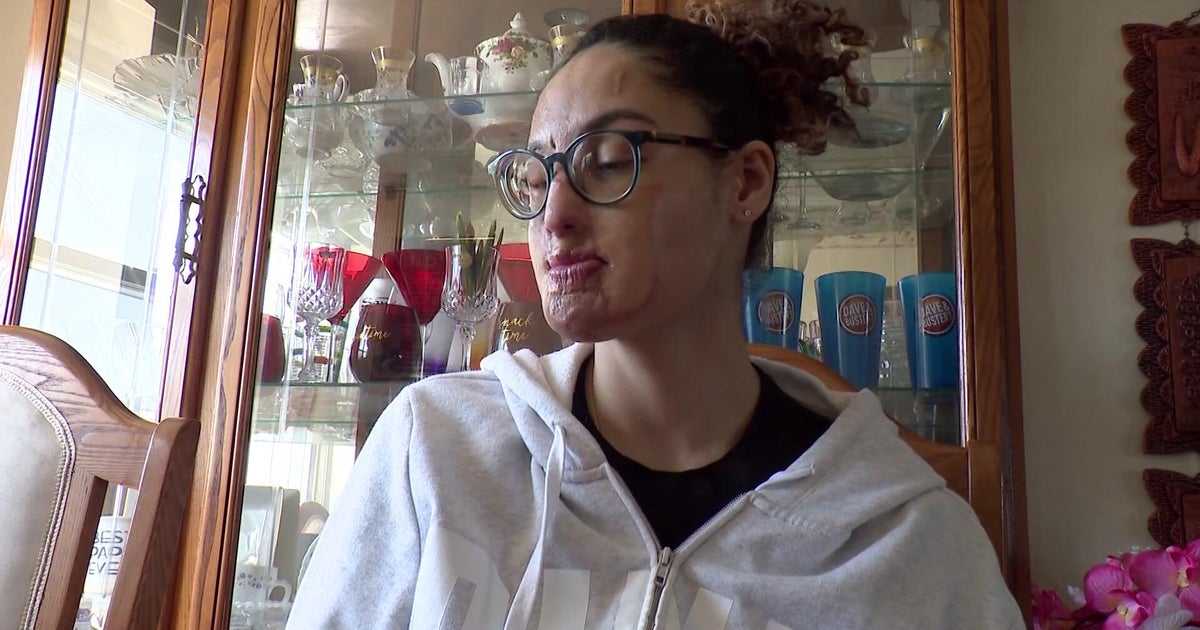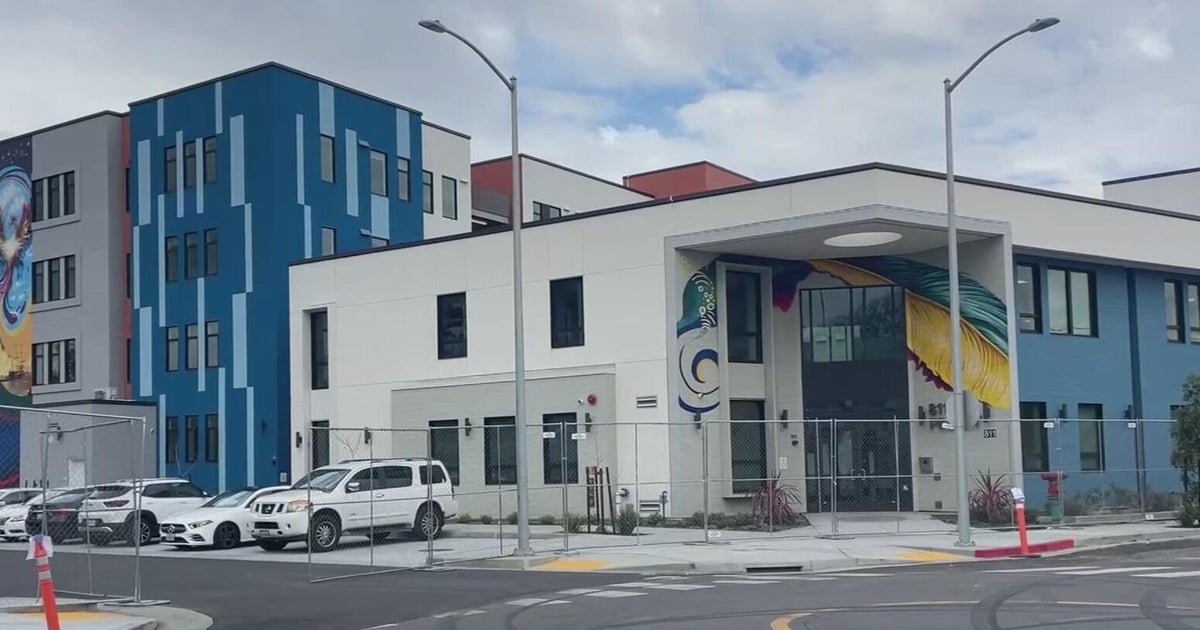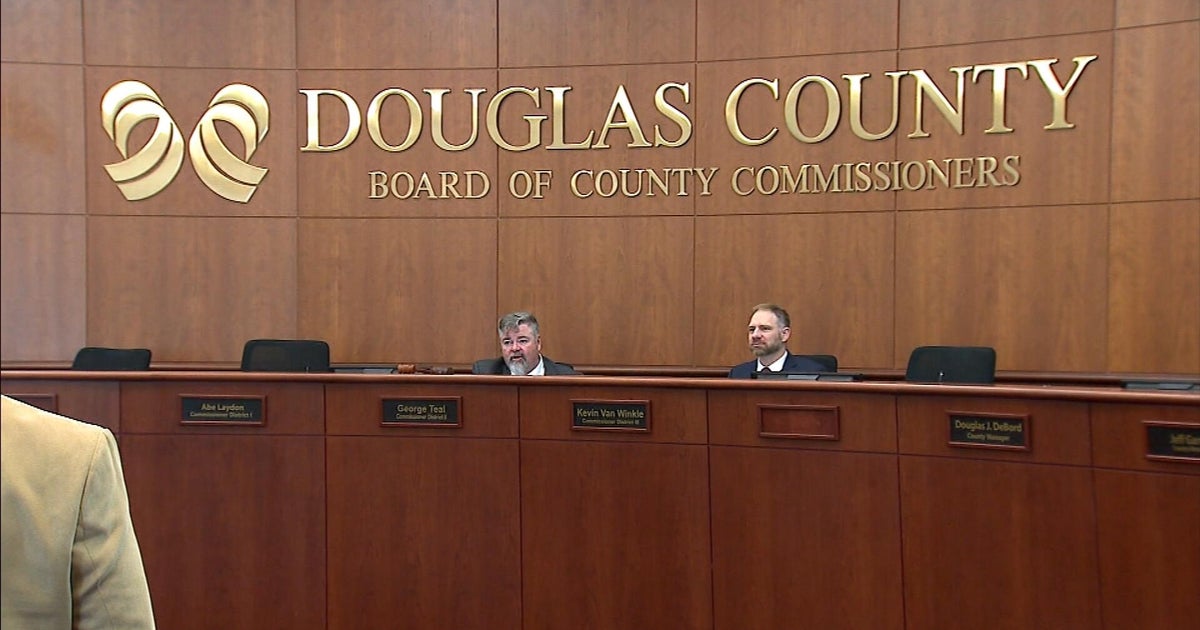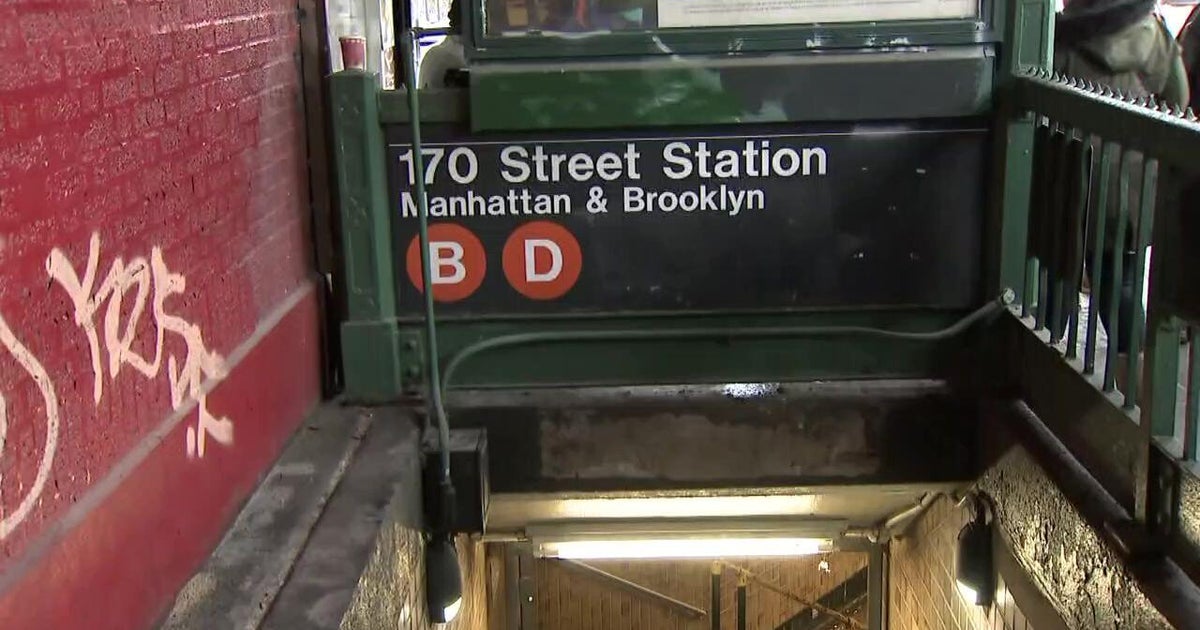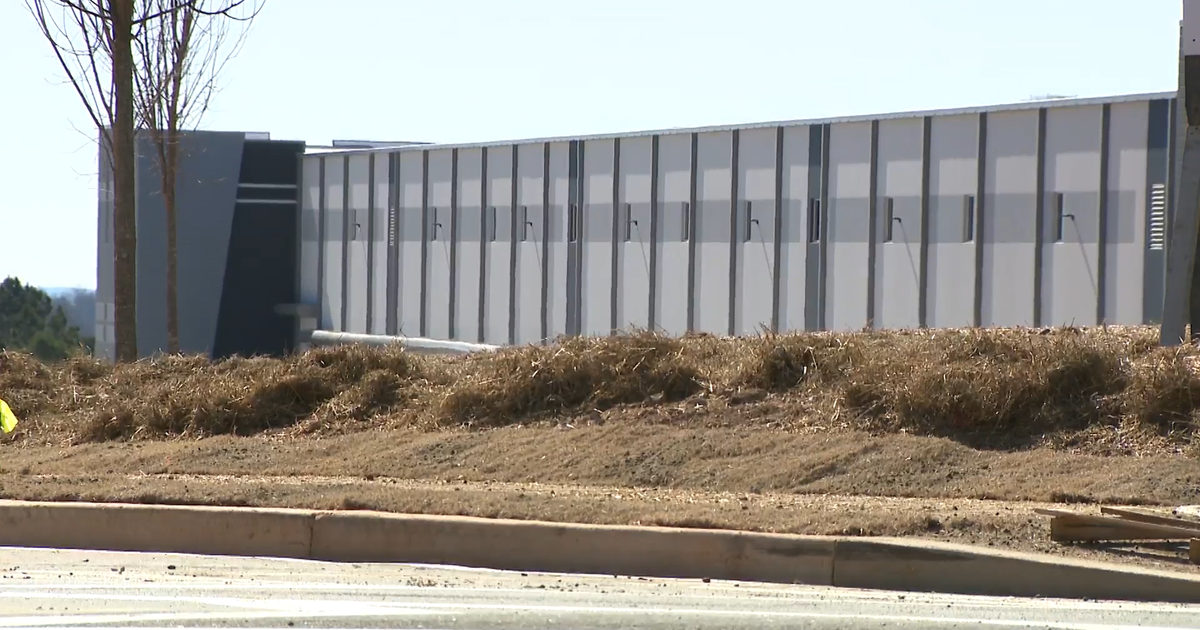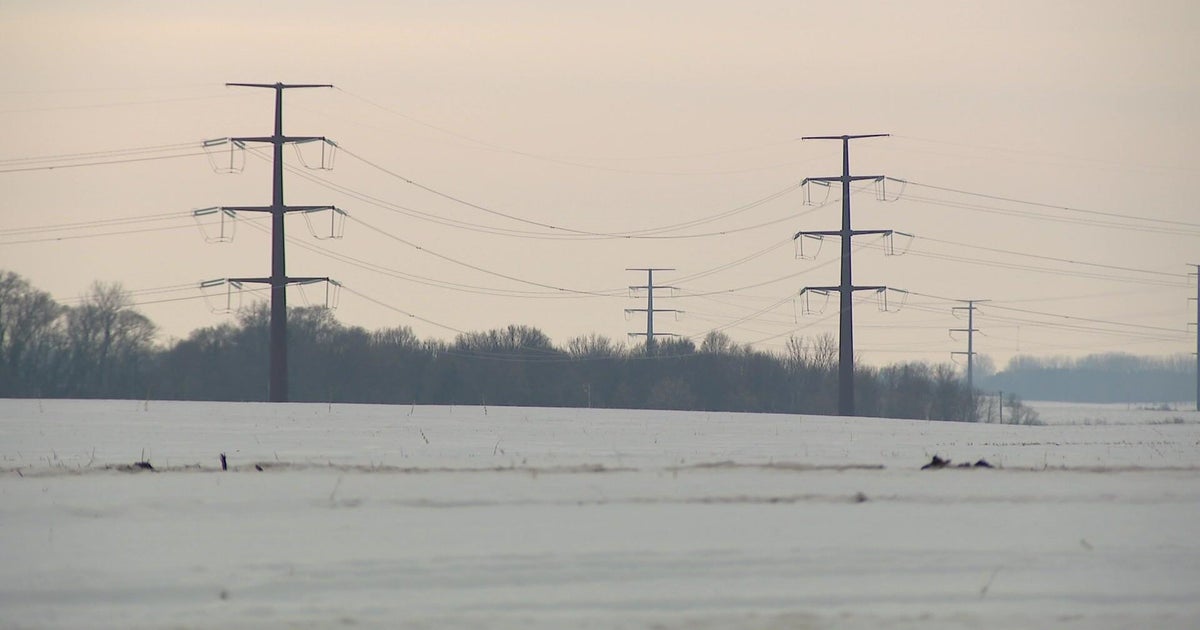Coney Island residents search for long-term solution for subway screeching
NEW YORK - Residents of several housing developments in Coney Island are fighting to find a long-term solution to what they're calling unbearable subway screeching.
Natasha Lvovich has lived in her Brightwater Towers apartment for 30 years. She learned to always have earplugs on her nightstand.
"We are surviving with the earplugs and double windows and constant complaints," she tells CBS New York's Hannah Kliger.
The screeching she hears every few minutes is a constant reminder of her next door neighbors: the F and Q trains.
"When I moved in, we put in new windows, double windows, for that reason," she says.
Local activist and Brightwater resident Angela Kravtchenko is spearheading an effort to fight for a long-term solution.
"On some balconies, you hear 110 decibels -- 110 decibels, it's a jet," she says. "We did the measurements from different floors in different times. So we had do serious research... We found out there's around 100,000 people affected by this, it's a lot."
MTA says it did track work on both the Q and the F trains as recently as February, and expects that to help reduce some of that noise. That project is not complete yet, but residents say they haven't noticed a difference.
"In the short-term, they might lower the speed of the trains," suggests Lolita Divilova, who is on Brightwater's management board and a member of a community group called "Stop the Noise." She says the group started a petition and gathered almost 500 signatures very soon after.
Democratic State Senator Jessica Scarcella-Spanton, who represents New York's 23rd District, is trying to get a cost estimate for an acoustic enclosure as part of a capital improvement project.
"This is absolutely not the average sounds of the subway that you hear as a New York City resident. The fact that it's going around the curve creates a decibel level that's much, much higher than the average decibel level of the subway stations," she says.
MTA's annual noise abatement report shows the agency spent more than $150 million last year on noise mitigation citywide, which included track enhancements and lubrication.
"That work hasn't been sufficient. So we're going to keep following up until we get an answer on whether or not they can do this," Scarcella-Spanton says.
An MTA spokesperson says in a statement: "The MTA is in communication with local elected officials on this matter and have provided updates on the most recent work performed and upcoming work planned."
The agency did not answer direct questions about an acoustic enclosure or a slowdown of train speeds.
Have a story idea or tip in Brooklyn? Email Hannah by CLICKING HERE.


